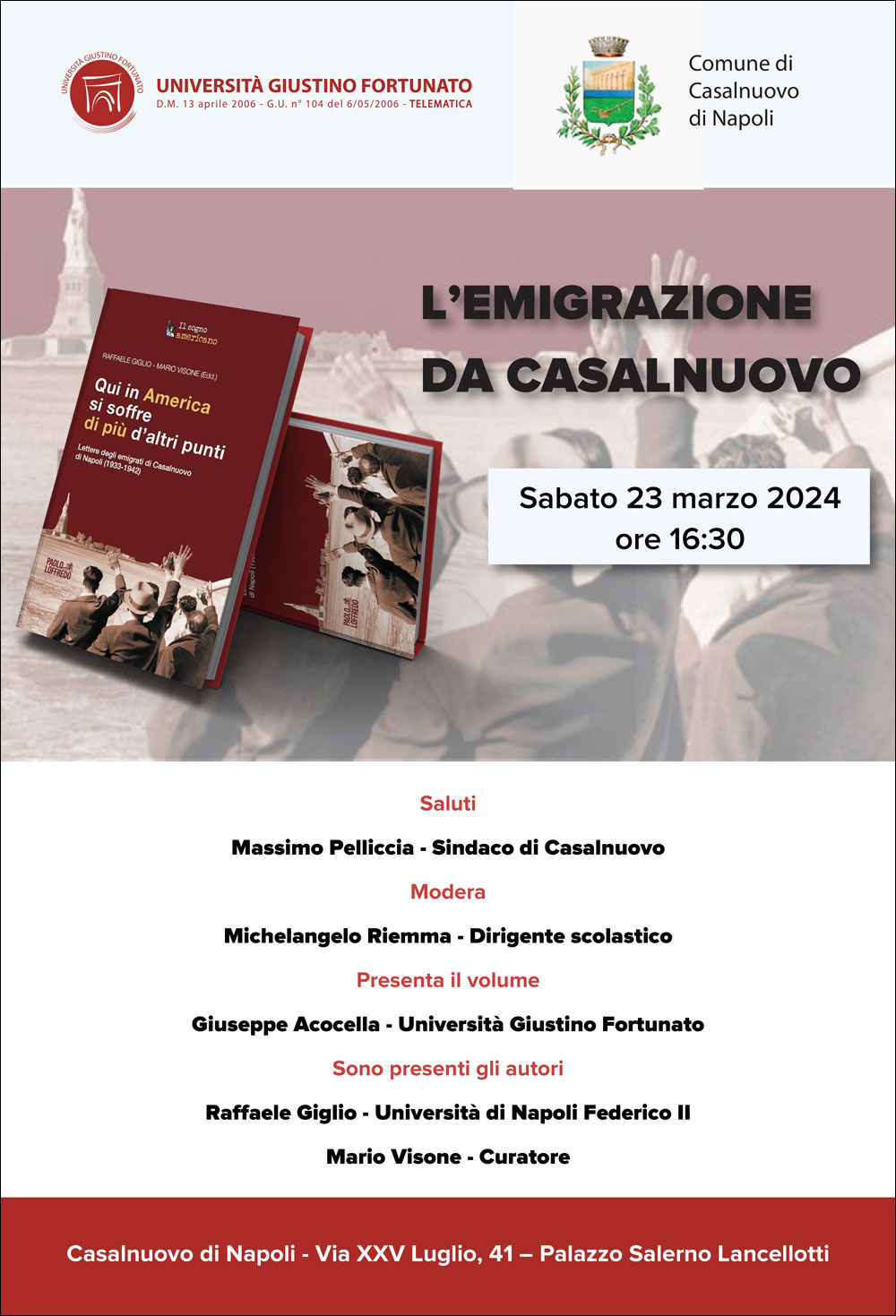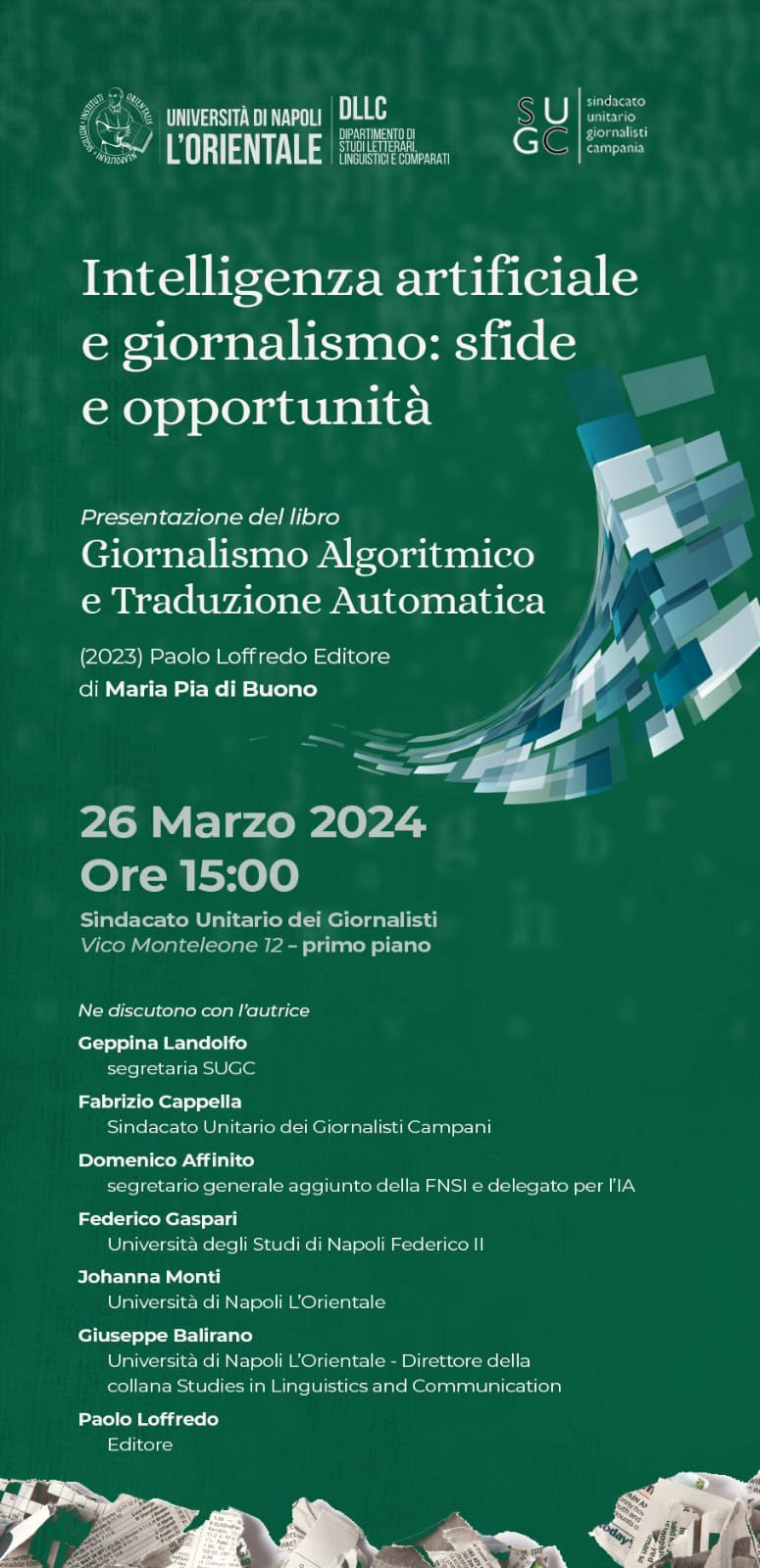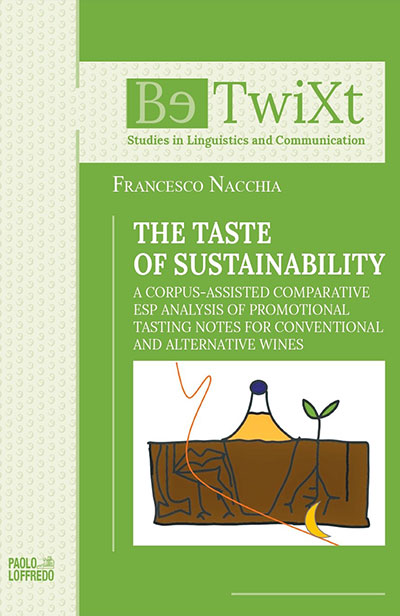 Paolo Loffredo, sixth generation of a large family of publishers and booksellers engaged in the production and distribution of books since the late nineteenth century, creates in 2012 the new editorial company Paolo Loffredo Editore. The historical site was until the '80s in the heart of the historic centre of Naples in Via San Biagio dei Librai, lower Decumano and also known as the SpaccaNapoli.
Paolo Loffredo, sixth generation of a large family of publishers and booksellers engaged in the production and distribution of books since the late nineteenth century, creates in 2012 the new editorial company Paolo Loffredo Editore. The historical site was until the '80s in the heart of the historic centre of Naples in Via San Biagio dei Librai, lower Decumano and also known as the SpaccaNapoli.
At the beginning of the twentieth century, Giuseppe Loffredo decided to add book selling to the book production, which definitively imposed itself after World War II with the publication of manuals for the University and for the School that succeeded in establishing themselves soon throughout Italy.
LAST EVENT
"L'emigrazione da Casalnuovo"
23 Marzo 2024 - Palazzo Salerno Lancellotti Ateneo, via XXV Luglio, 41 - Casalnuovo (NA) - ore 16,30

--------------------------------------------------------------------
"Intelligenza artificiale e giornalismo: sfide e opportunità"
26 Marzo 2024 - Sindacato Unitario dei Giornalisti - vico Monteleone, 12 - primo Piano - Napoli - ore 15,00

THE TASTE OF SUSTAINABILITY
ISSN: 2611-1349
Language: English
Publisher : Paolo Loffredo Editore Srl

Description
THE TASTE OF SUSTAINABILITY
A corpus-assisted comparative ESP analysis of promotional tasting notes for conventional and alternative wines
Can You Taste Sustainability? Based on the premise that the grandiloquent and frequently satirised language of wine tasting emerged from the global¬ising socio-economic dynamics of the 1970s, the aim of this volume is to investigate whether a recent market trend — namely, sustainable wine — has engendered an alternative wine-tasting discourse that aligns with the demands of environmentally conscious consumers. To accomplish this, a comparative analysis of two corpora of promotional wine-tasting notes for conventional and alternative wines from UK-based online wine stores was conducted, adopting an integrated approach that combines theories from Language for Specific Purposes, Critical Discourse Studies, and Ecolinguis¬tics, while also relying on tools from Corpus Linguistics.
Specifically, the corpora were profiled from lexical, rhetorical, and thematic perspectives. With regard to lexical profiling, the degree of specialisation and semantic variation across the corpora were assessed.











